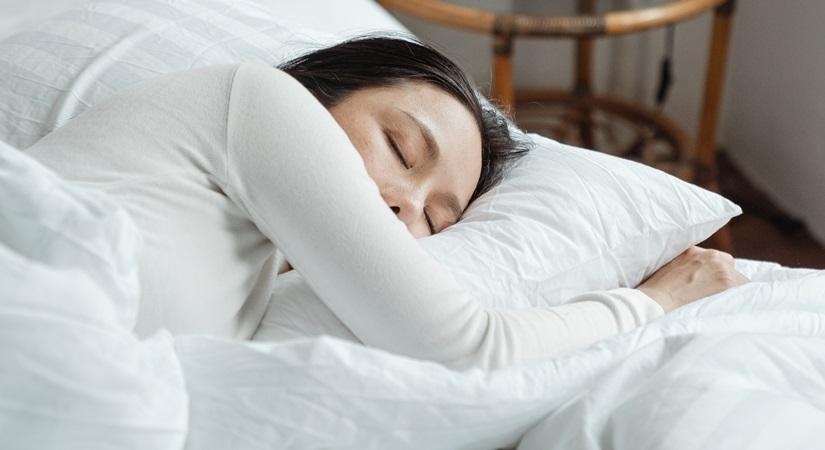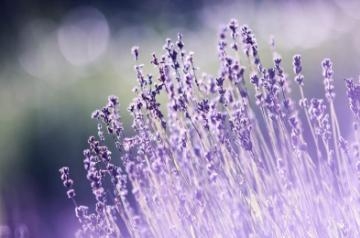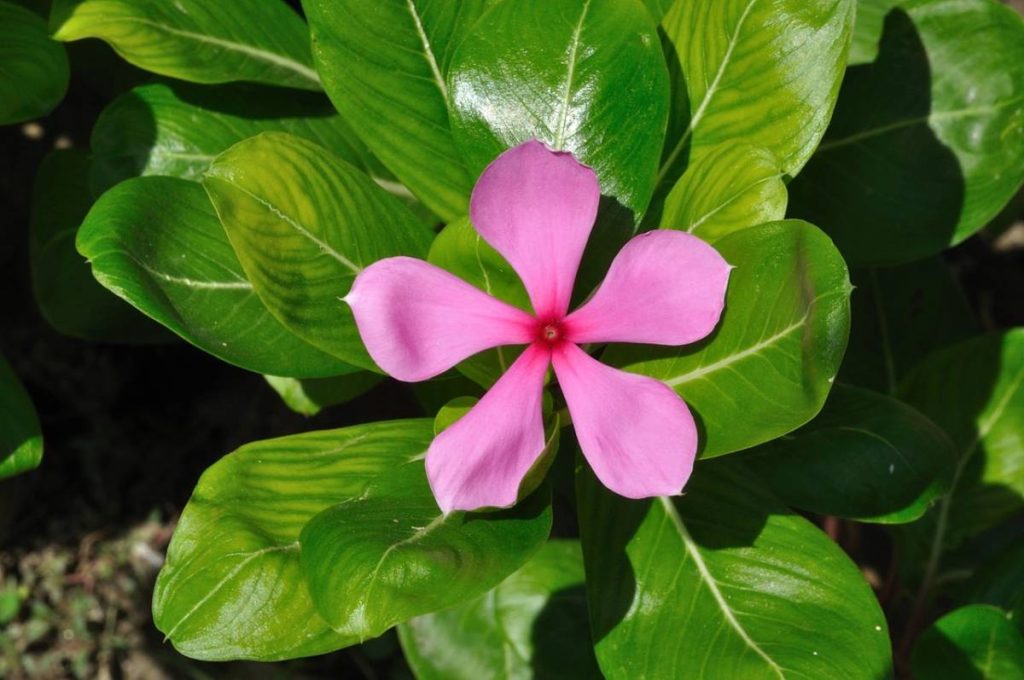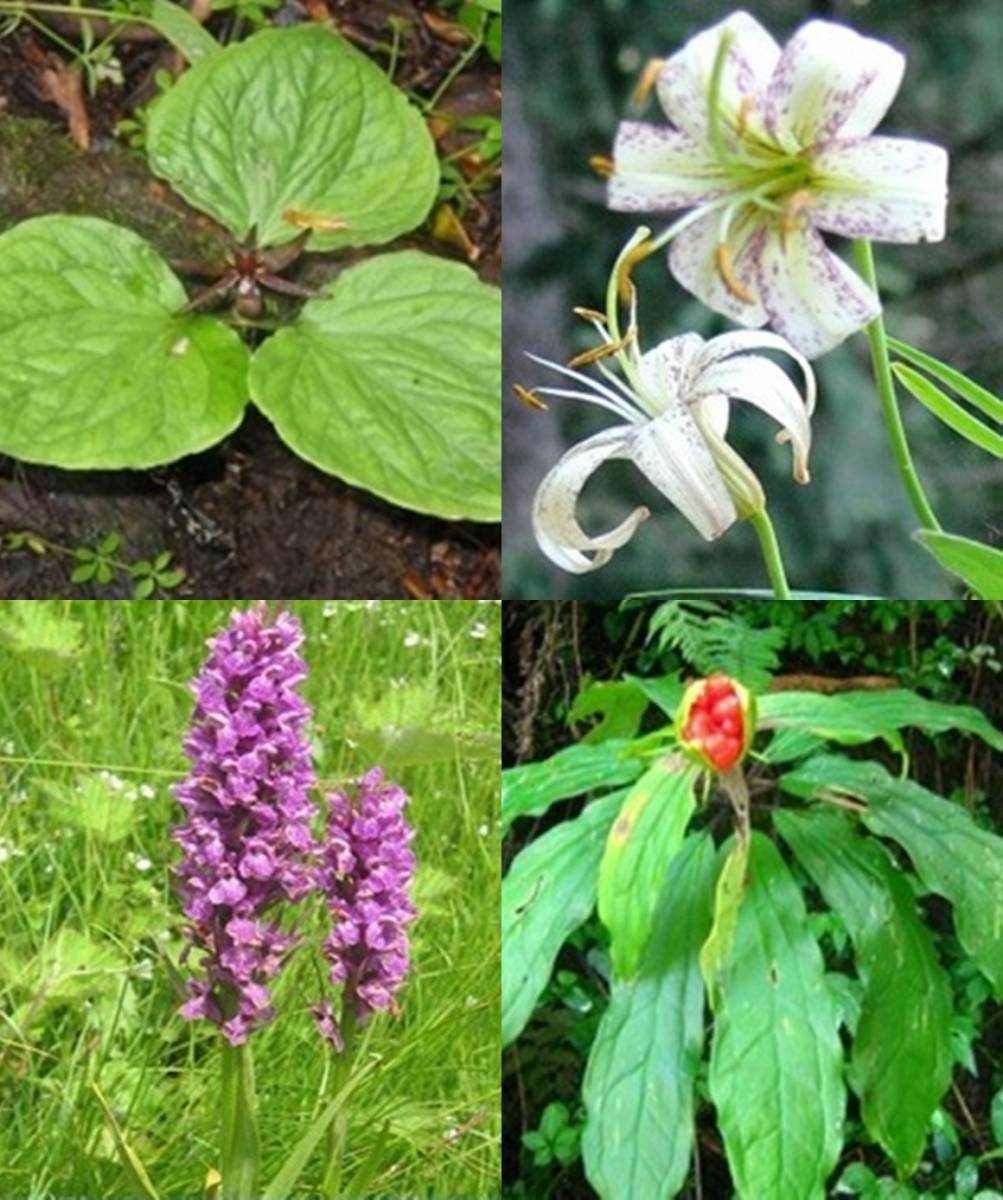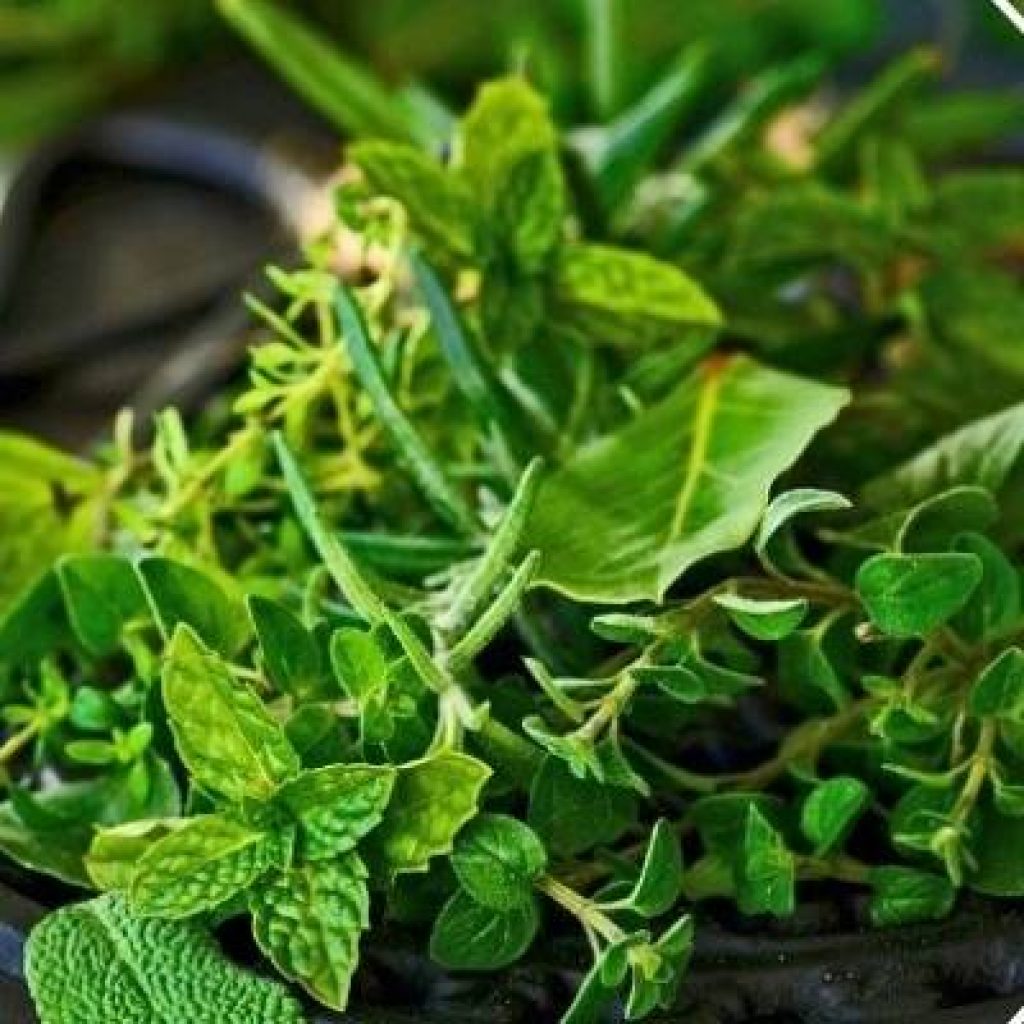Protein Powders for Enhanced Health: Conventional protein powders primarily focus on muscle building…reports Asian Lite News
A country like India boasts a rich cultural heritage with well-established traditional health practices, including Ayurveda. However, achieving optimal well-being in the modern world presents unique challenges. Dietary limitations due to cultural norms can lead to micronutrient deficiencies. Chronic stress, often associated with work-life balance, disrupts hormonal homeostasis and depletes energy reserves. Additionally, age-related concerns like bone health and hormonal fluctuations become prominent.
Advancements in scientific research have led to the development of targeted supplements designed to address these challenges. These supplements leverage the power of natural ingredients often backed by clinical studies to demonstrate their efficacy. Let’s explore some popular options with scientific backing by Mihir Gadani, co-founder, OZiva that can empower individuals in India to take charge of their health and well-being:
Protein Powders for Enhanced Health: Conventional protein powders primarily focus on muscle building. However, new formulations offer a more holistic approach. They incorporate essential multivitamins, minerals, and revered plant-based extracts like Shatavari and Tulsi. Studies suggest that these extracts can support hormonal balance (e.g., Shatavari) and regulate metabolism (e.g., Tulsi), promoting weight management. Additionally, these powders often utilize plant-based protein sources for optimal absorption and bioavailability.
Plant-Based Collagen Builders for Improved Skin Quality: Collagen production naturally declines with age, leading to wrinkles and decreased skin elasticity. Plant-based collagen builders with clinically proven ingredients like SesZenBio™ and CollabZen™ can stimulate the body’s natural collagen production. Studies have shown these ingredients to be effective in improving skin smoothness and brightness.
Glutathione Builders for Comprehensive Skin Health: Glutathione, a potent antioxidant, combats free radicals and promotes overall skin health. Plant-based glutathione tablets with vitamins C and E can help reduce hyperpigmentation, enhance skin radiance, and combat the visible signs of ageing. Research suggests that these components work synergistically to improve skin tone and texture.
Hair Vitamins for Healthy Hair Growth: Hair loss can be attributed to various factors, including nutritional deficiencies, hormonal imbalances, and stress. Hair vitamins rich in Biotin, Iron, Zinc, and Brahmi address these root causes by nourishing hair follicles, regulating hormones, and managing stress levels. Biotin, Iron, and Zinc are all essential nutrients for healthy hair growth, while Brahmi, an Ayurvedic herb, has been shown to possess stress-reducing properties.
Plant-Based Iron Supplements for Increased Energy Levels: Iron deficiency is a prevalent concern, leading to fatigue and weakness. Plant-based iron supplements with essential vitamins and minerals improve iron absorption and red blood cell production. This, in turn, enhances energy levels and overall health, as confirmed by numerous scientific studies.
Omega 369 for Overall Body Health: These essential fatty acids play a crucial role in maintaining healthy skin, heart function, and joint health. Balanced plant-based Omega 369 supplements promote hair and skin growth, reduce inflammation, regulate blood pressure, and maintain healthy cholesterol levels. Research consistently highlights the multifaceted benefits of Omega 369 fatty acids for overall well-being.
HerBones: Supporting Bone Mineral Density with Plant-Based Calcium, as we age, bone mineral density naturally declines, increasing the risk of osteoporosis. HerBones, a unique plant-based calcium supplement with Vitamin D3, Vitamin K2, and Magnesium, promotes stronger bones and joints. Studies have demonstrated the effectiveness of plant-based calcium, combined with these essential co-nutrients, in supporting bone health.
Plant-Based HerBalance: Mitigating Menopausal Symptoms: Menopause brings hormonal shifts that can cause hot flashes, vaginal dryness, and mood swings. This plant-based formula combines 21 whole foods and standardized herbal extracts like Black Cohosh and Lodh Bark. Research suggests that Black Cohosh can alleviate menopausal symptoms, while preliminary studies indicate potential benefits of Lodh Bark for hormonal balance.
A Holistic Approach for Optimal Well-being: Targeted herbal supplements can be a valuable tool, but true well-being is a multifaceted concept. To achieve lasting health and vitality, prioritize a balanced diet rich in fruits, vegetables, and whole grains. Regular exercise, even moderate activity most days of the week, strengthens your body and boosts energy levels. Finally, prioritize quality sleep for optimal cellular repair and restoration.
By incorporating scientifically validated herbal supplements alongside a healthy lifestyle, individuals in India can leverage the wisdom of ancient traditions and the power of modern science to take charge of their health and well-being at every stage of life.
ALSO READ-Unlock Flawless Skin


